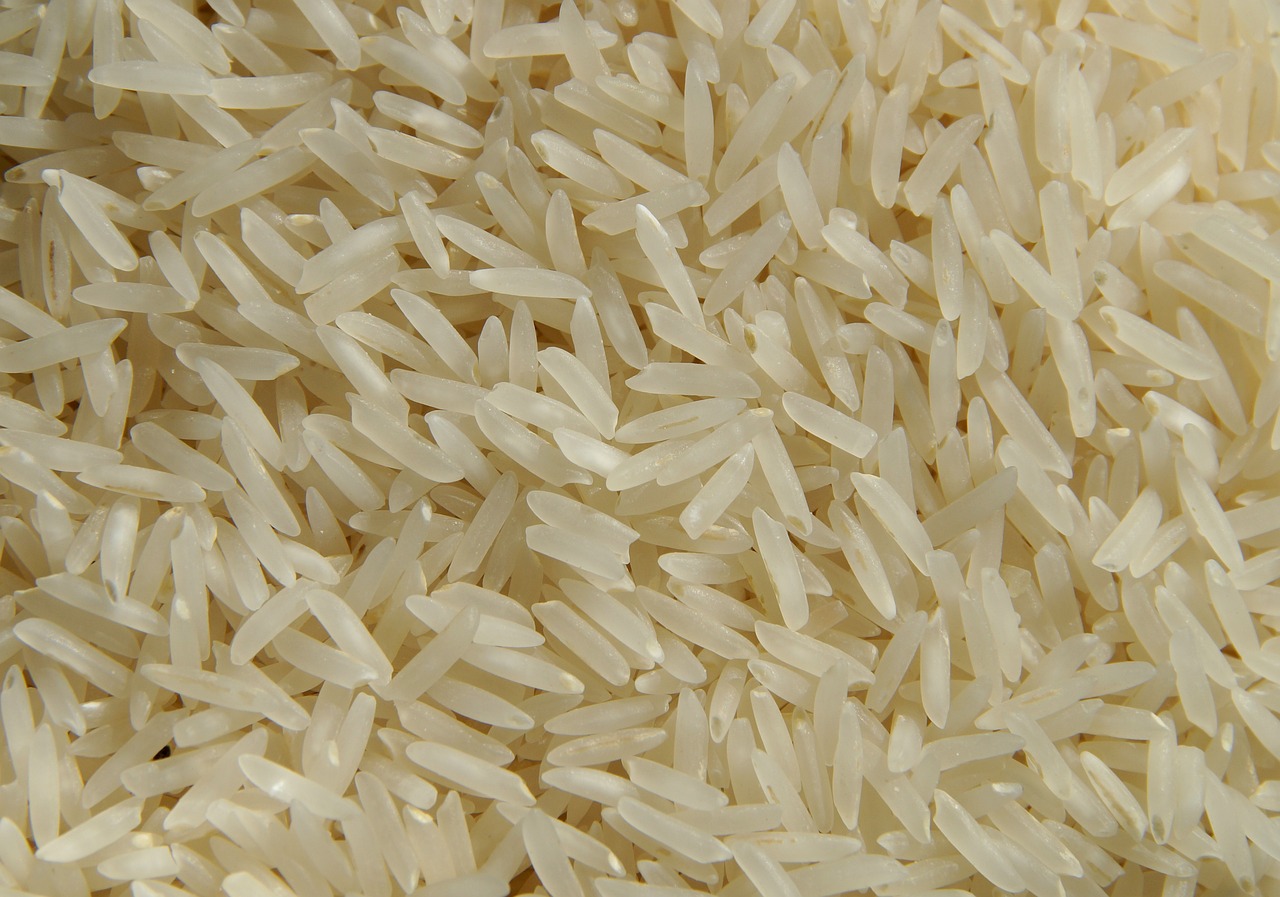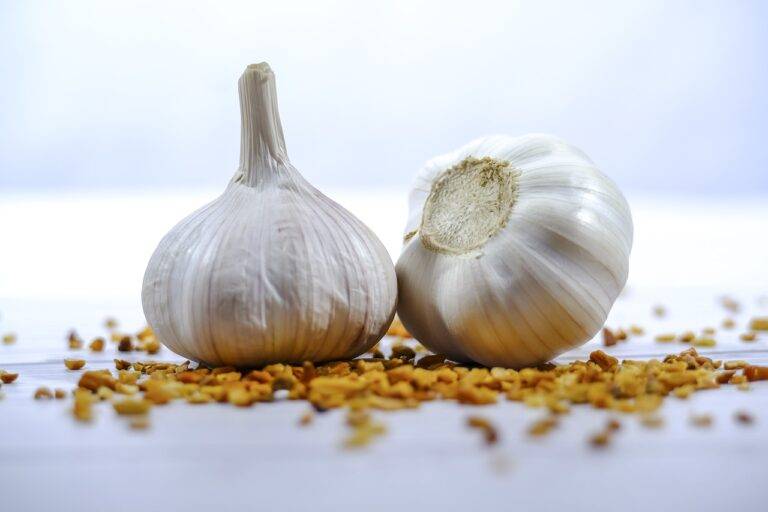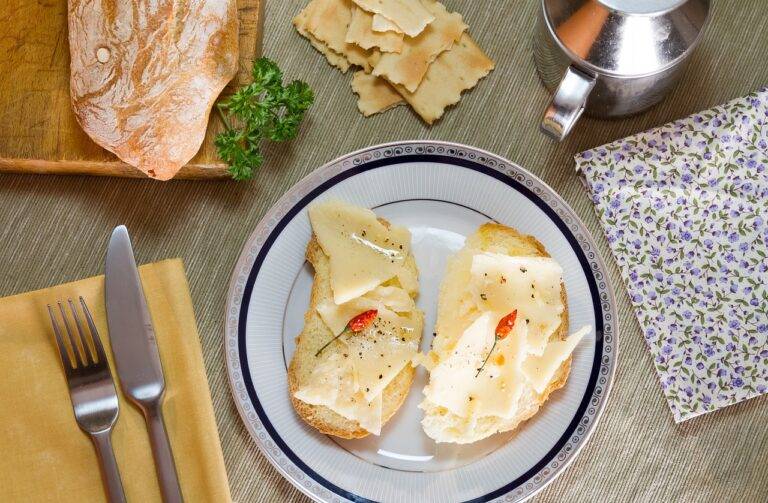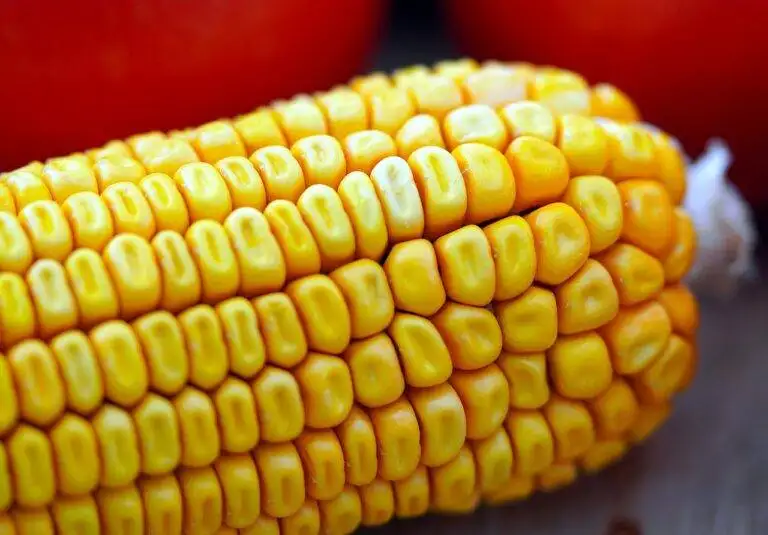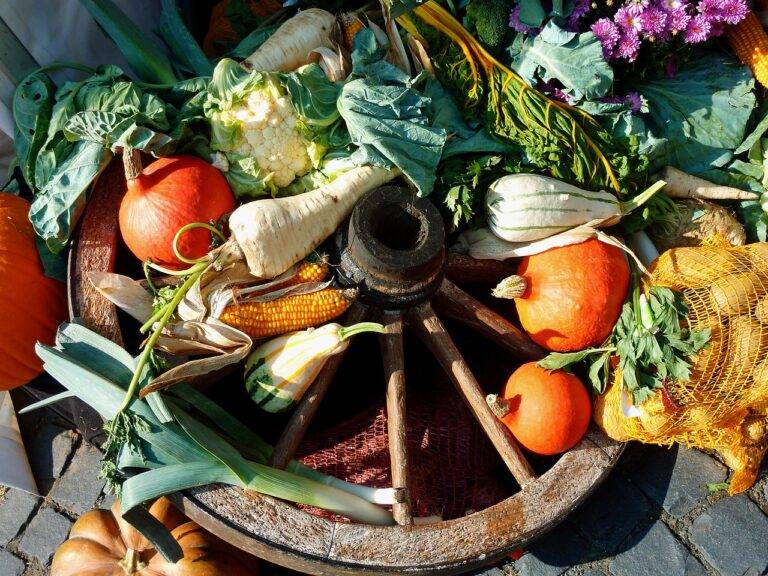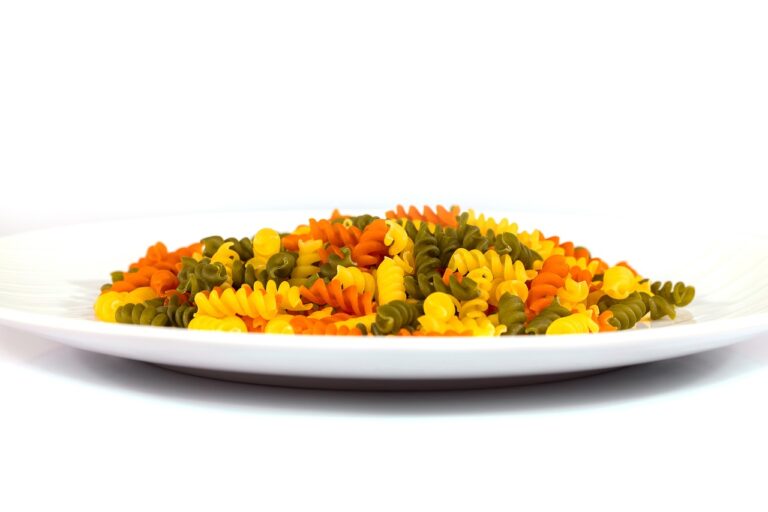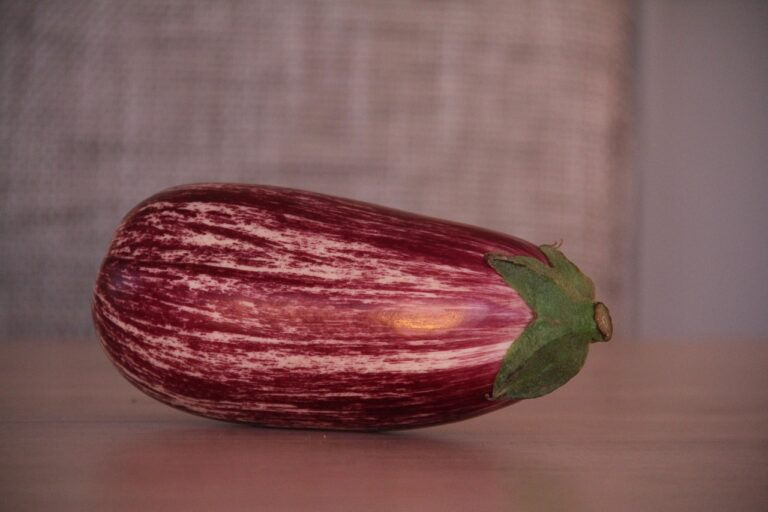Exploring the Role of Food in Promoting Cultural Identity
Food plays a pivotal role in every culture across the globe. It serves as a means of sustenance, a form of celebration, a way to connect with others, and a reflection of cultural identity. The preparation and sharing of food are deeply ingrained in the fabric of society, passing down traditions and values from generation to generation.
Diversity in Food Cultures
Each culture has its unique culinary traditions, ingredients, and cooking methods that set it apart from others. From Italian pasta to Indian curry, from Japanese sushi to Mexican tacos, the diversity in food cultures is vast and rich. Exploring different cuisines allows us to appreciate the history, beliefs, and customs of various societies.
Food as a Symbol of Cultural Identity
Food holds a symbolic meaning in every culture, representing more than just nourishment. The dishes we eat, the way we prepare them, and the rituals surrounding food consumption all contribute to our sense of identity. For example, the Chinese New Year feast symbolizes family unity, while the Thanksgiving meal in the United States embodies gratitude and togetherness.
Preserving Traditional Food Practices
As cultures evolve and modernize, there is a growing concern about the loss of traditional food practices. Many communities are making efforts to preserve their culinary heritage by passing down recipes, engaging in traditional cooking methods, and supporting local food producers. By doing so, they keep alive the essence of their cultural identity.
Culinary Tourism and Cultural Exchange
Culinary tourism has gained popularity in recent years, with travelers seeking authentic food experiences that go beyond mere sustenance. Sampling local dishes, attending cooking classes, and dining with locals allow visitors to immerse themselves in the cultural fabric of a destination. Through food, people can connect, learn, and appreciate diversity.
The Influence of Globalization on Food Culture
Globalization has brought about a fusion of culinary traditions from around the world. The widespread availability of ingredients, the influence of social media, and the rise of international food chains have led to a homogenization of food cultures in some respects. While this can create new and exciting flavor combinations, it can also dilute the authenticity of traditional cuisines.
Embracing Food Diversity
Despite the challenges posed by globalization, there is a growing appreciation for food diversity and a movement towards celebrating traditional cuisines. Restaurants offering authentic regional dishes, food festivals showcasing cultural specialties, and food bloggers sharing traditional recipes all contribute to the preservation and promotion of culinary heritage.
FAQs
Q: How does food impact cultural identity?
A: Food serves as a powerful symbol of cultural identity, reflecting traditions, values, and beliefs that are passed down through generations.
Q: Why is it important to preserve traditional food practices?
A: Preserving traditional food practices helps communities maintain their cultural heritage, support local food producers, and maintain a connection to their roots.
Q: What can individuals do to promote food diversity?
A: Individuals can explore different cuisines, support local restaurants that offer authentic dishes, and share traditional recipes with others to promote food diversity.

